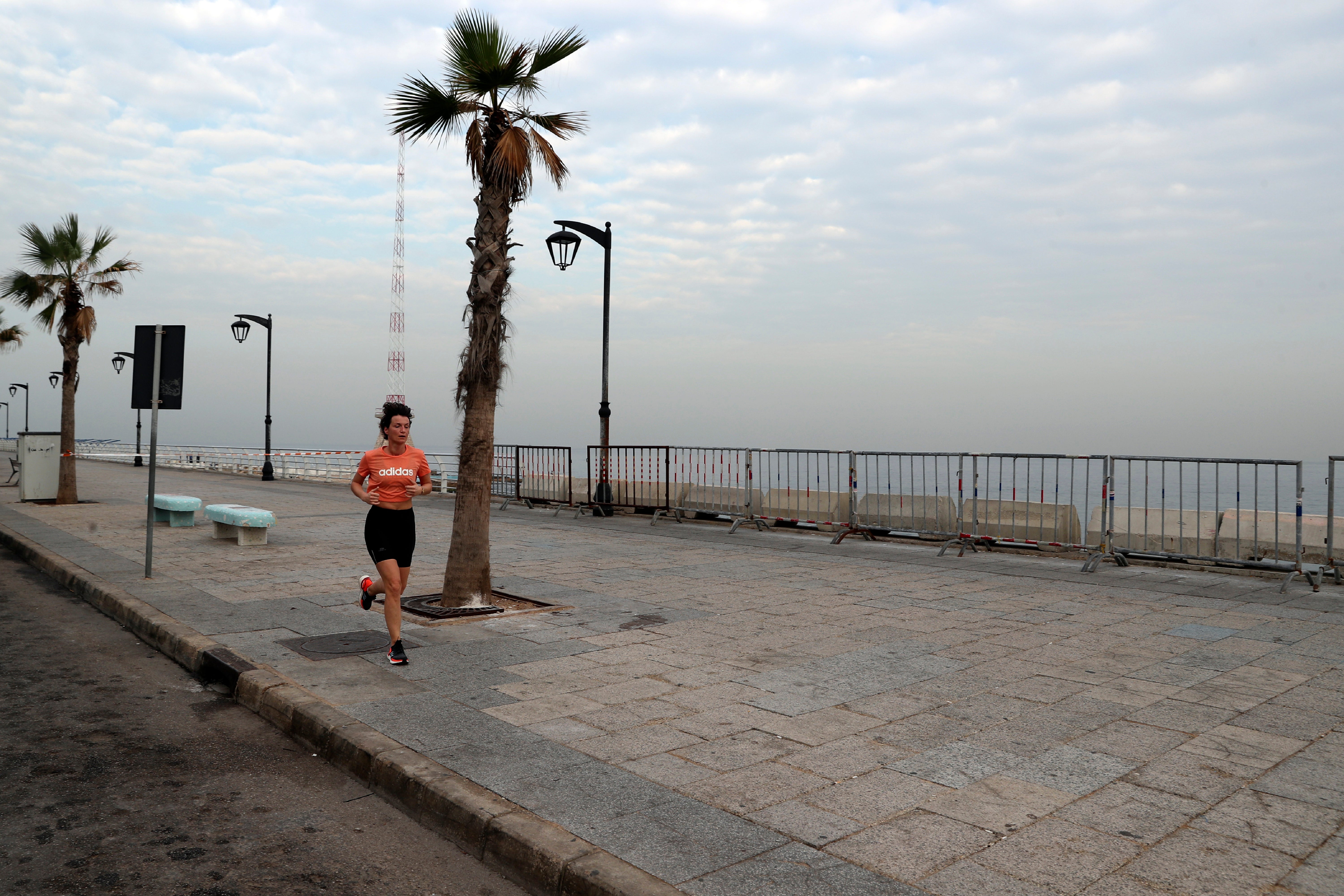Lebanon begins all-day curfew as virus spins out of control
Lebanese authorities have begun enforcing an 11-day nationwide shutdown and round the clock curfew, hoping to limit the spread of coronavirus infections amid a dramatic surge after the holiday period

Your support helps us to tell the story
From reproductive rights to climate change to Big Tech, The Independent is on the ground when the story is developing. Whether it's investigating the financials of Elon Musk's pro-Trump PAC or producing our latest documentary, 'The A Word', which shines a light on the American women fighting for reproductive rights, we know how important it is to parse out the facts from the messaging.
At such a critical moment in US history, we need reporters on the ground. Your donation allows us to keep sending journalists to speak to both sides of the story.
The Independent is trusted by Americans across the entire political spectrum. And unlike many other quality news outlets, we choose not to lock Americans out of our reporting and analysis with paywalls. We believe quality journalism should be available to everyone, paid for by those who can afford it.
Your support makes all the difference.Lebanese authorities began enforcing an 11-day nationwide shutdown and round the clock curfew Thursday, hoping to limit the spread of coronavirus infections spinning out of control after the holiday period.
For the first time, residents were required to request a one-hour permit to be allowed to leave the house for “emergencies,” including going to the bakery, pharmacist, doctor, hospital or airport.
Authorities came under pressure to take a tougher approach after the country's hospitals ran out of beds with daily infections reaching an all-time high of 5,440 cases last week in the country of nearly 6 million people.
Even before the coronavirus, Lebanon was going through an unprecedented economic and financial crisis that has seen its national currency and bank sector collapse and locked depositors out of the savings. Hospitals, long considered among the best in the Middle East, struggled to pay staff, keep equipment running and secure necessary medical supplies as dollars grew scarce.
Amid the surge, many hospitals have now reached maximum capacity for coronavirus patients. Some have halted elective surgeries as they run out of beds, oxygen tanks and ventilators.
Furthermore, the country has been without a government since the old one resigned in the wake of the catastrophic Aug. 4 explosion at Beirut port, which put a further strain on hospitals, inundating them with injured. At least three hospitals were destroyed.
The massive explosion caused by the detonation of a stockpile of poorly stored ammonium nitrate ravaged the city, killing over 200 people and injuring thousands.
On Thursday, police manned checkpoints around the country, checking motorists' permits to be on the road. The curfew is the strictest since the start of the pandemic. For the first time, even supermarkets were told to close their doors and open for delivery only.
Lebanon had only just announced a nationwide lockdown last week. But many, including the health minister and officials on a government committee, considered it to be too lenient because it exempted many sectors. In some areas of the country, it was business as usual, leading to more calls for a complete shutdown and curfew.